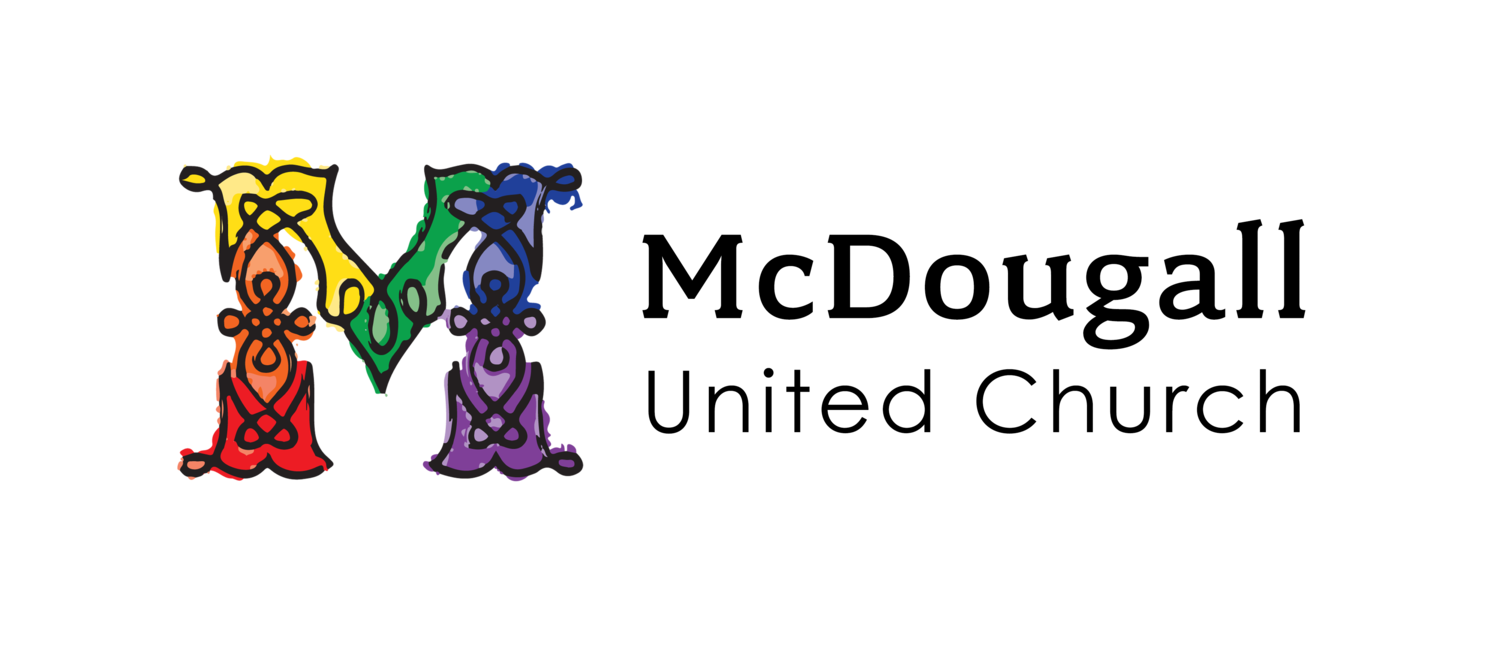We are Called to Forgive. It isn’t Optional
“But with you there is forgiveness, so that we can, with reverence, serve you.” Psalm 130:4
Friends,
I have been thinking a lot about forgiveness this week. As a relatively new Christian, I cannot lie: this forgiveness business is a hurdle. We are called to forgive. It isn’t optional. We don’t get to dine at the banquet and just deny this particular course. Of course, I have longed to be forgiven and had it withheld; that is a bitter pain to feel. Empathy alone suggests that I should not want to leave someone lingering in a space of “unforgiveness”. And so, I have worked really hard on this practice. I have prayed and gone to therapy, meditated and studied.
We all have someone we need to forgive. Probably ourselves first. I thought I had done so years ago, but then, earlier this week, I remembered an old version of myself and some behaviours that were cringey and shameful—and there I was having to assure myself again that I am forgiven. Not by God only, but by me. I have to live in this body and mind after all! And how will the Divine find space to take up residence in my heart and mind if they are residence to old shame and a lack of forgiveness?
And then it occurred to me: forgiveness is a practice. It is a lifelong process. We stumble and fall down and then we get back up and try again. I think that our scriptures speak so much on forgiveness because God wants us to be free, to have access to joy and to love and to all of our gifts. We are blocked if we harbour resentments and shame. There can be some very harmful theology around forgiveness though. Particularly, if we have suffered trauma or abuse, or been victims of systemic oppression. Sometimes the burden of forgiving (especially right away) is too much to bear for those who have been harmed repeatedly in life-altering ways. I have felt this way. Being unable to forgive made me feel guilty and like I was “a bad Christian”. I was lucky enough to speak with some very pastorally astute ministers and teachers and came to understand that forgiving can take time. We must understand that God does not want us to be harmed further. Being safe and secure, understanding how deeply we are loved must come first.
Unfortunately, we may not be able to repair the relationships or find the restorative reconciliation that we seek. Sometimes the person or people who have harmed us are not sorry, they refuse to apologise or make amends. Sometimes, we have to walk away without resolution. This hurts like hell. There is no denying that. And still, when we are ready, forgiveness is there. Not to say that everything that happened is okay, not to suggest we should accept bad behaviour. But to set us free from the bondage of our pain.
We do not have to walk that path alone. God is with us. We can simply say, “God, I cannot forgive yet, but I want to. Please help me.” In such honesty, our chains are already being unraveled. The minister who baptised me, John Pentland, says in every service he leads, “You are loved. You are forgiven. You are set free.” These words come to me regularly as a kind of a mantra. May they settle into your heart and remind you of God’s patient promise to all of us as we seek to love, forgive, and free ourselves and those whom we are in relationship with.
Blessings,
Amy
Forgiveness
Means transformation
Of a human heart
Into a divine life.
- Sri Chinmoy
